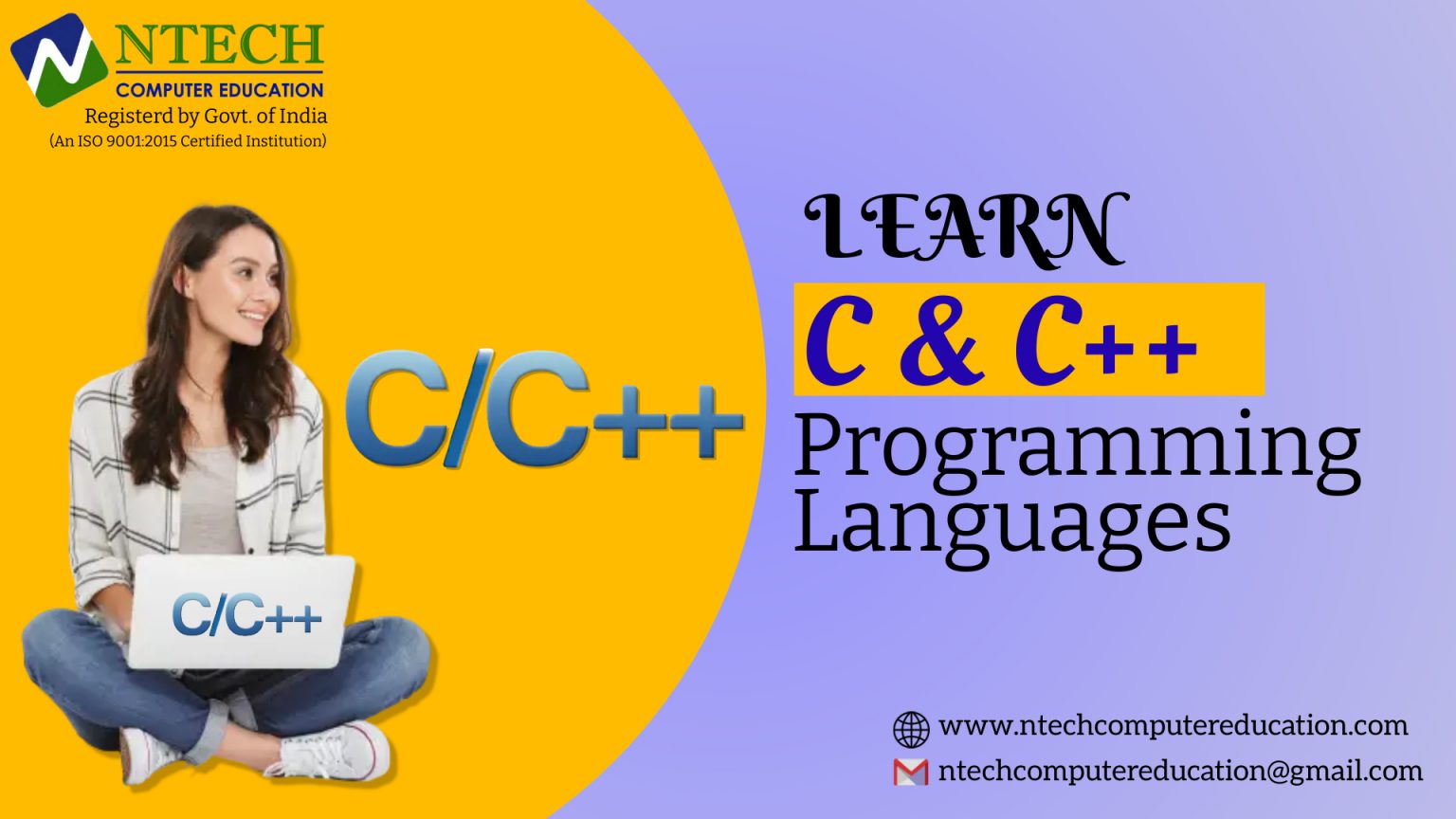- Many people joined the programming world by learning C or C++ Language, but it’s rare for them to stay learning and mastering these two languages well because they get frustrated in handling the low-level programming elements like pointers, the memory storage model, address alignment, templates expansion, multi-thread data races, and so on. If these elements aren’t handled properly, the app will have a high probability of crashing, which can frustrate the new programmer.

Nowadays we’ve many advanced programming languages like Java, C#, Python, Javascript, Jquery, Go, etc. for application development and it seems insane if someone wanted to develop an internet application or backend service in pure C/C++. The common application areas are appropriated by more advanced programming languages.
Many beginning programmers will learn C before C++ thanks to the straight forwardness of the language. As a procedural language, it’s often easier for beginners to understand . it’s an easier language with fewer options and, consequently, it is a solid introduction to programming. From C, many programmers either advance to Java or C++. By learning C first, programmers can become acclimated to the procedural side of the language then learn object-oriented programming through C++. C++ is more complicated than C and may be overwhelming for a beginner.Here, Best Computer Programming Language Centre in Ludhiana.
This course includes the following topics:
 Overviews of C/C++
Overviews of C/C++
- Difference between C and C++.
- Setting up the environment (IDE setup, GCC, etc.).
- Writing and running your first program.
- Syntax: variables, data types, operators.
 Control Flow
Control Flow
- Conditional statements (if, else, switch).
- Loops (for, while, do-while).
- Flow control (break, continue).
 Functions
Functions
- Defining and calling functions.
- Function parameters (pass by value, pass by reference).
- Recursive functions.
- Function overloading .
 Pointers and Memory Management
Pointers and Memory Management
- Introduction to pointers and memory addresses.
- Dynamic memory allocation (malloc, free, new, delete).
- Pointers to arrays, functions, and structures.
 Object-Oriented Programming (OOP)
Object-Oriented Programming (OOP)
 Classes and Objects
Classes and Objects
- Defining classes and creating objects.
- Access modifiers: private, public, and protected.
 Constructors and Destructors
Constructors and Destructors
- Default, parameterized, and copy constructors.
- Destructor for cleanup.
 Inheritance, Polymorphism, and Encapsulation
Inheritance, Polymorphism, and Encapsulation
 Operator Overloading
Operator Overloading
 STL (Standard Template Library)
STL (Standard Template Library)
- Containers: vector, list, queue, stack, map, set.
- Iterators and algorithms.
 Data Structures in C/C++
Data Structures in C/C++
 Arrays
Arrays
- Static and dynamic arrays.
- Multi-dimensional arrays.
- Array operations: traversal, insertion, deletion.
 Strings (C and C++)
Strings (C and C++)
 Linked List
Linked List
- Singly Linked List (creation, traversal, insertion, deletion).
- Doubly Linked List.
- Circular Linked List.
- Memory management with pointers.
 Stacks and Queues
Stacks and Queues
- Implementing stacks using arrays or linked lists.
- Implementing queues using arrays or linked lists.
- Applications of stacks (e.g., expression evaluation, undo functionality).
- Circular Queue and Priority Queue.
 Advanced Data Structures
Advanced Data Structures
 Hash Tables
Hash Tables
 Trees
Trees
 Graphs
Graphs
 Algorithms
Algorithms
 Sorting Algorithms
Sorting Algorithms
- Bubble sort, selection sort, insertion sort.
- Merge sort, quick sort.
- Heap sort.
 Searching Algorithms
Searching Algorithms
 Divide and Conquer
Divide and Conquer
- Merge Sort, Quick Sort.
 Dynamic Programming
Dynamic Programming
- Longest Common Subsequence (LCS).
 Greedy Algorithms
Greedy Algorithms
- Backtracking
